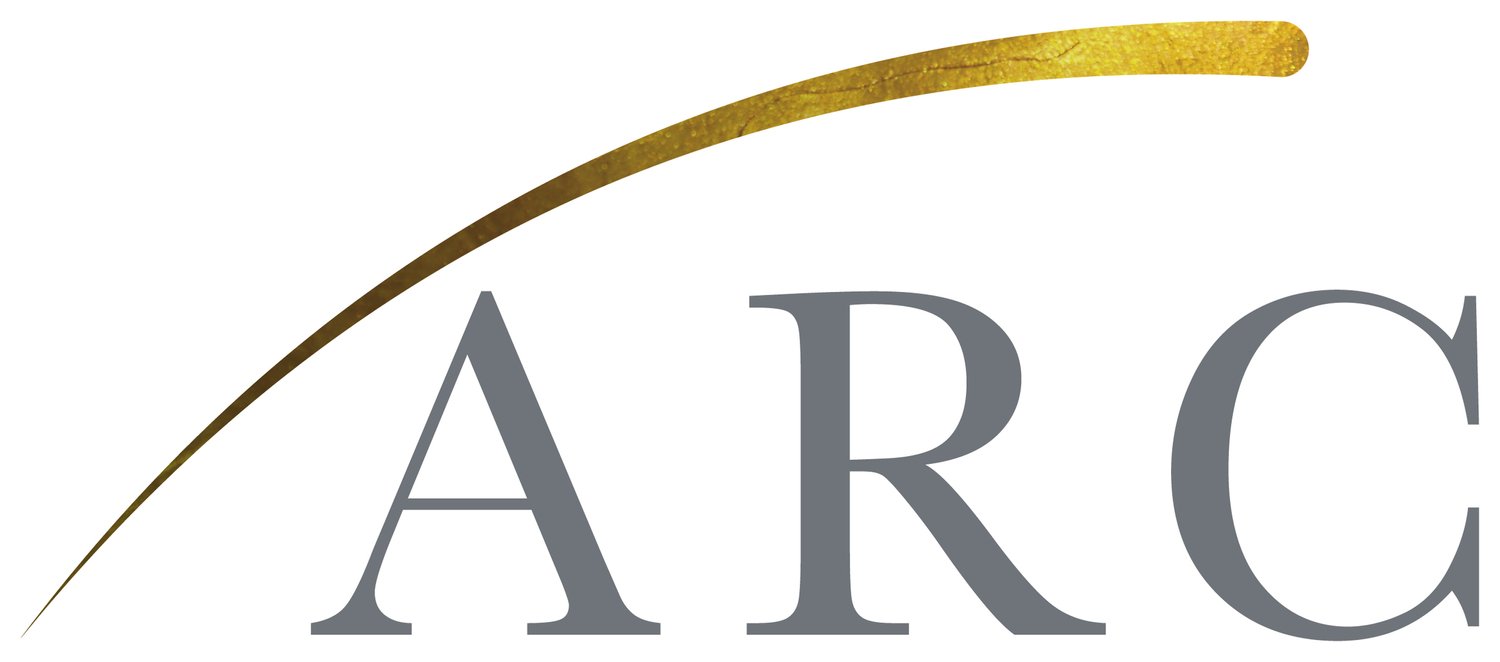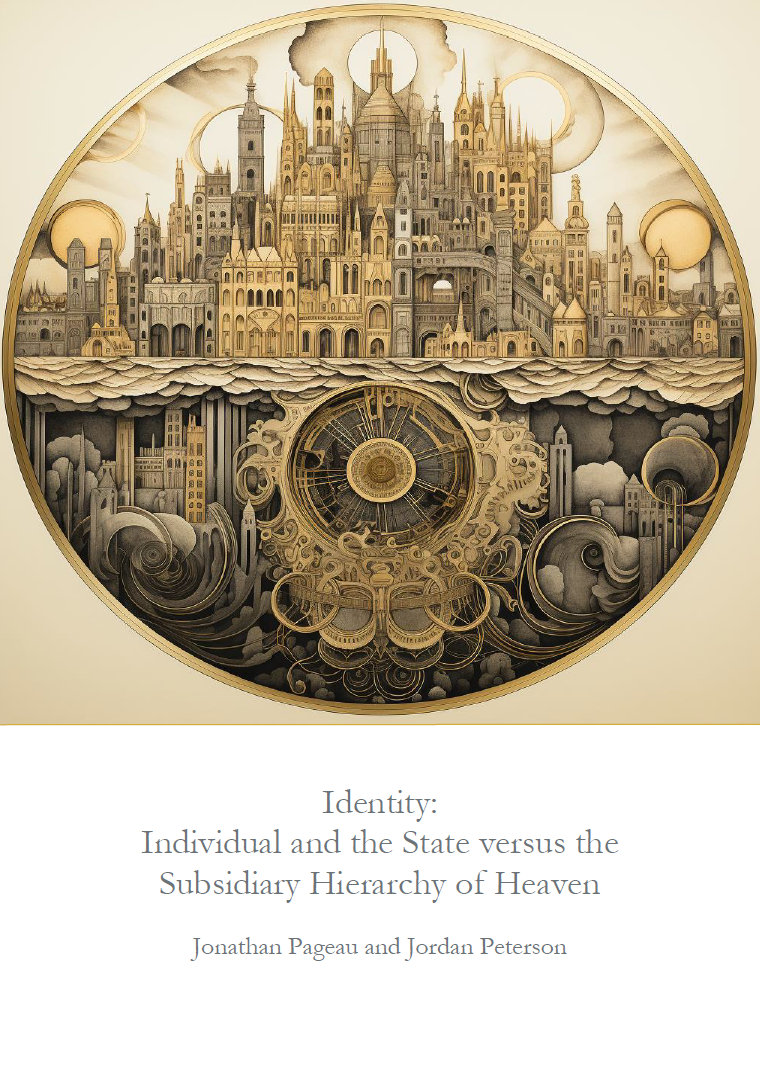Identity: Individual and the State versus the Subsidiary Hierarchy of Heaven
“Our identity is fractal, hierarchical, subsidiary. Proper responsible participation in all its levels provides life with purpose, meaning, security, hope, and adventure.”
In this paper, Jonathan Pageau and Jordan Peterson unpack the growing polarisation of identity between the poles of the atomised individual and totalising state, and how subsidiarity offers an alternative, richer vision of identity and belonging.
Summary of Research Paper
The question of identity haunts us, underlying our political excesses and extremes. As individuals, in the absence of a firm identity, we become adrift. We are in need of something capable of uniting our inner selves, and our interests and endeavours with others, so that we can cooperate and compete peacefully, productively, reciprocally, and sustainably.
The modern world has increasingly understood identity as a duality between an idiosyncratic individual, and an ever-totalising collective. These two tendencies have grown simultaneously, on the one hand the worship of particularity—the exception, difference—and on the other, a growing bureaucratic state and global systems with an authoritarian bent, necessary to protect increasingly fragmented individuals from each other.
The result has been the slow but persistent erosion of intermediary identities: the family, communities, religious affiliations, clubs, and the nation—as the individual sees these intermediary identities as constraining his or her freedom. The growing collective sees these intermediary participations as impure visions of itself, competing with its own totalising identity. We are left with hopeless and lonely individuals facing an increasingly controlling and invasive state.
There is another vision of identity, reflected in many of the traditional societies of our world and its natural patterns. It is what we could call subsidiary identity. Subsidiary identity is understanding that as individuals, we are already a bringing into one of all the different thoughts, feelings, and psychological micro-personalities within us. It is our very capacity to join the multiple into one which becomes a mirror of how we are parts of higher, broader identities, within our family units, our communities, our cities, and our religious communion.
So too, our families are themselves unified agents in the building of cities, and our unified cities are real identities forming nations, with each level existing as its own level of reality, autonomy, but ultimately always giving itself up into higher participations. In this vision, we soon realise that the highest vision of identity and participation is not government, though governments are necessary, but in the very virtues which make it possible to exist together in harmony in the first place, and ultimately the transcendent Good itself.
To be a citizen is not to be a citizen of an abstract collective, it is to be a parent, a friend, a neighbour. It is not in the constant suspicion of any common identity, but it is in celebrating and remembering our immediate bonds, our stories, that we can be anchored properly in the world. By aligning our vision beyond particularities, by aiming towards higher virtues—but also in full knowledge of difference, of exceptions, in compassion to those who do not fit with our ideals—we maintain our subsidiary identities in service of the highest Good.

